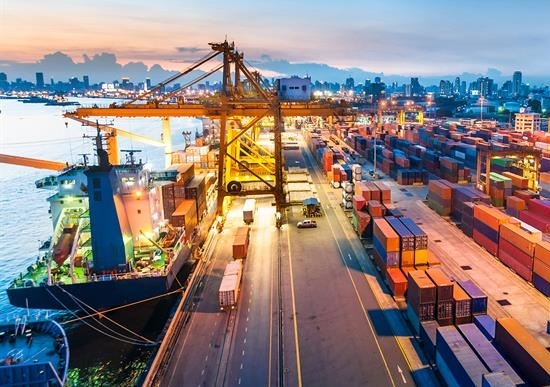Rising protectionism presents challenges and threats for Australia
President Donald Trump’s shift to focus on trade may have unintended consequences, UNSW Business School’s Tim Harcourt has warned.
President Donald Trump’s shift to focus on trade may have unintended consequences, UNSW Business School’s Tim Harcourt has warned.

Tim Harcourt
UNSW Business School
02 9385 3816 or 0408 485 479
tim.harcourt@unsw.edu.au
US President Donald Trump’s shift to focus on trade may have unintended consequences, UNSW Business School’s Tim Harcourt has warned.
Earlier this week, President Trump vowed to boost American manufacturing by cutting the US trade deficit and updating the decades-old North American Free Trade Agreement (NAFTA) with Canada and Mexico, before the US Administration released an 18-page report about its goals for updating NAFTA.
Then on Wednesday, Australia's Productivity Commission issued a report warning that almost 100,000 jobs could disappear and households could suffer a $1,500 reduction in annual income if Australia followed a global swing towards protectionism.
Harcourt, the J.W. Nevile Fellow of Economics UNSW Business School, warned that "protectionist policies have a habit of not working out, and today’s Productivity Commission report should caution us all ... now, more than ever, what we don’t want to see is protectionism. We need cooperative trade to boost the world economy.”
He added that “the penny has finally dropped. The high priest of free market fundamentalism, the Productivity Commission, has now seen the downside of unfettered free trade. But it took Donald Trump’s protectionist rhetoric to do it.”
According to Harcourt, there is a revolution in free trade thinking at the Productivity Commission as witnessed in their new report, ‘Rising Protectionism – challenges threats and opportunities for Australia’.
“The Productivity Commission has realised that trade needs to work for all and social institutions – like minimum wages, trade union rights, education and training and labour market adjustment programs – need to include free trade,” he said. “The Productivity Commission now realises that we need a ‘social compact’ to ensure that the benefits of trade flow to everyone in the community.”
U.S. Administration officials were due to meet on Wednesday with economic officials from China. The President has accused China of dumping steel on the global market to hurt US steelmakers and threatened to throw up barriers to free trade.
Tim Harcourt was previously chief economist at Austrade. As a trade specialist at UNSW he has studied the international trade landscape for many years.
“It’s no surprise that Donald Trump got traction in the USA with declining real wages, blue collar unemployment and a lack of a social compact that makes trade – and immigration – the scapegoat for economic decline,” he concluded.